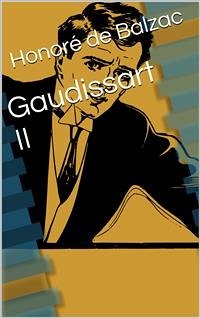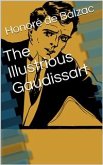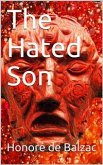Excerpt from Book:
To know how to sell, to be able to sell, and to sell. People generally do not suspect how much of the stateliness of Paris is due to these three aspects of the same problem. The brilliant display of shops as rich as the salons of the noblesse before 1789; the splendors of cafes which eclipse, and easily eclipse, the Versailles of our day; the shop-window illusions, new every morning, nightly destroyed; the grace and elegance of the young men that come in contact with fair customers; the piquant faces and costumes of young damsels, who cannot fail to attract the masculine customer; and (and this especially of late) the length, the vast spaces, the Babylonish luxury of galleries where shopkeepers acquire a monopoly of the trade in various articles by bringing them all together,—all this is as nothing. Everything, so far, has been done to appeal to a single sense, and that the most exacting and jaded human faculty, a faculty developed ever since the days of the Roman Empire, until, in our own times, thanks to the efforts of the most fastidious civilization the world has yet seen, its demands are grown limitless. That faculty resides in the "eyes of Paris."
To know how to sell, to be able to sell, and to sell. People generally do not suspect how much of the stateliness of Paris is due to these three aspects of the same problem. The brilliant display of shops as rich as the salons of the noblesse before 1789; the splendors of cafes which eclipse, and easily eclipse, the Versailles of our day; the shop-window illusions, new every morning, nightly destroyed; the grace and elegance of the young men that come in contact with fair customers; the piquant faces and costumes of young damsels, who cannot fail to attract the masculine customer; and (and this especially of late) the length, the vast spaces, the Babylonish luxury of galleries where shopkeepers acquire a monopoly of the trade in various articles by bringing them all together,—all this is as nothing. Everything, so far, has been done to appeal to a single sense, and that the most exacting and jaded human faculty, a faculty developed ever since the days of the Roman Empire, until, in our own times, thanks to the efforts of the most fastidious civilization the world has yet seen, its demands are grown limitless. That faculty resides in the "eyes of Paris."









